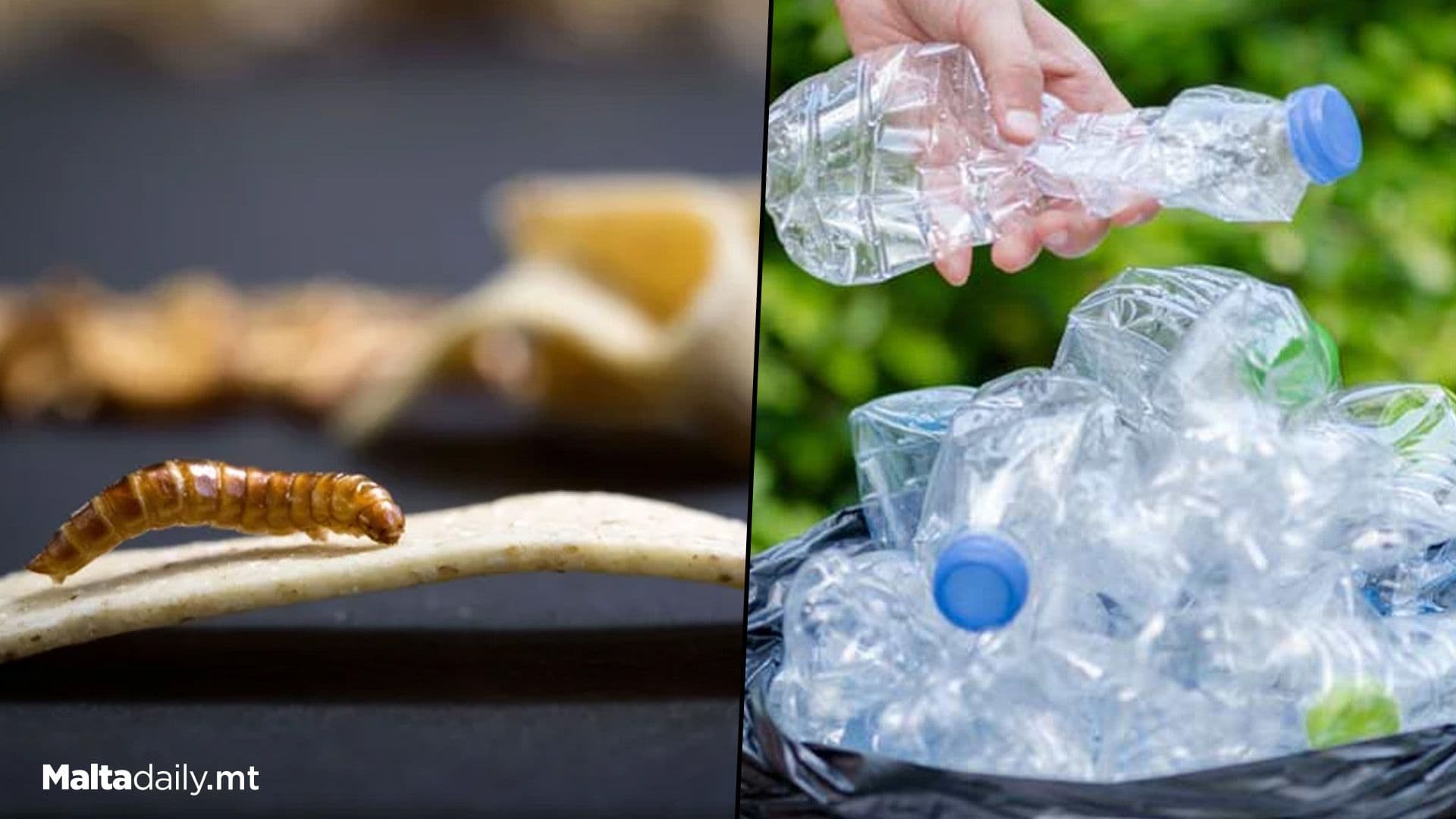Worm That Can Eat Plastic Discovered In Kenya

Scientists have identified an unexpected potential solution to plastic pollution: the lesser mealworm, a beetle larva from the Alphitobius genus.
Originally native to Africa, the lesser mealworm has shown the ability to consume and break down plastic, particularly polystyrene, a common material in packaging.
The discovery is especially promising for Africa, which struggles with high levels of plastic pollution despite producing only a small fraction of the world’s plastic waste.
In a study published in Scientific Reports, researchers found that the larvae could consume up to 50% of the polystyrene they were fed, and efficiency improved when the plastic was mixed with bran or grain husks.
Gut bacteria, including strains of Kluyvera, Lactococcus, and Klebsiella, play a critical role in digesting the plastic by producing enzymes that break down its complex polymers into simpler, harmless compounds.
The findings open up potential applications in plastic recycling, where scientists may one day harness these bacteria or enzymes to process plastic waste.
Researchers are exploring whether these bacteria are inherent to the mealworm or acquired after exposure to plastic, with future studies potentially leading to methods of converting plastic waste into valuable insect protein for animal feed.
#MaltaDaily


